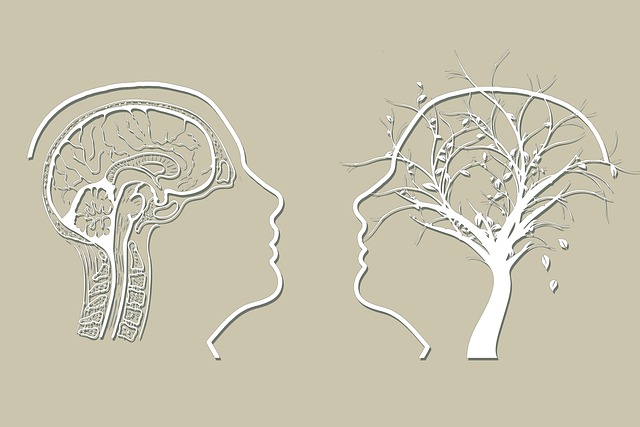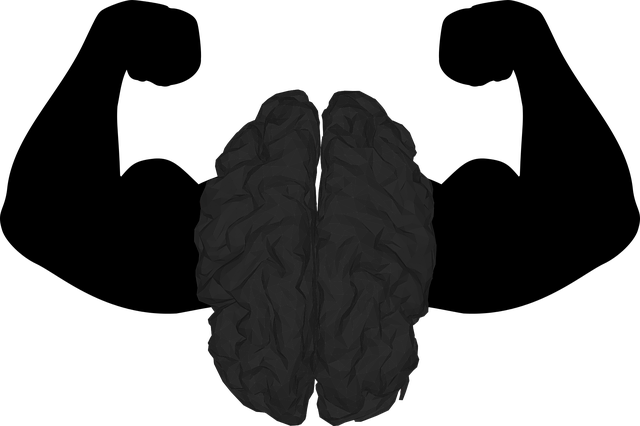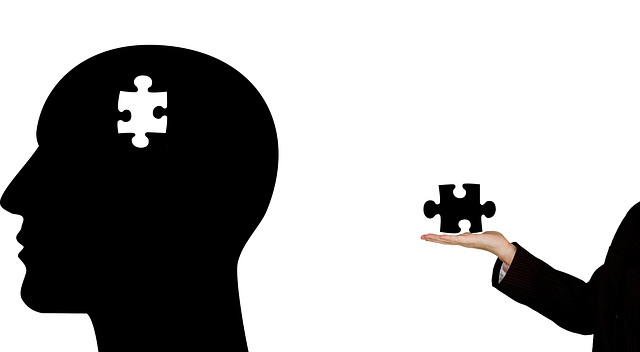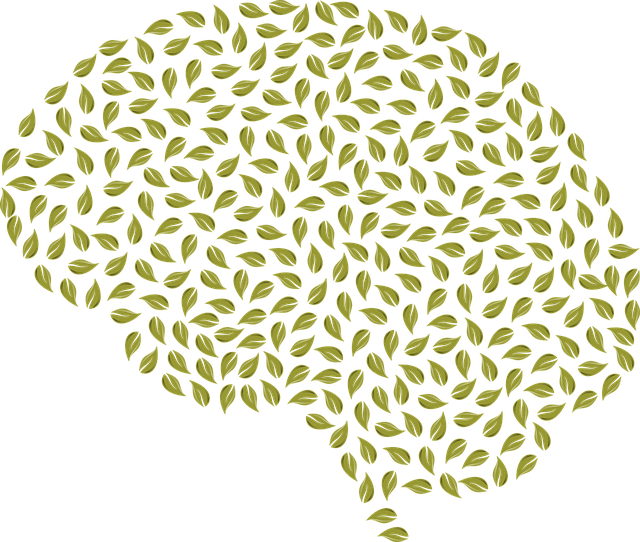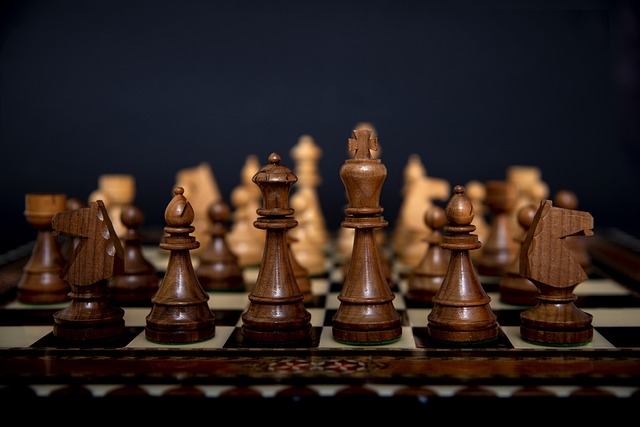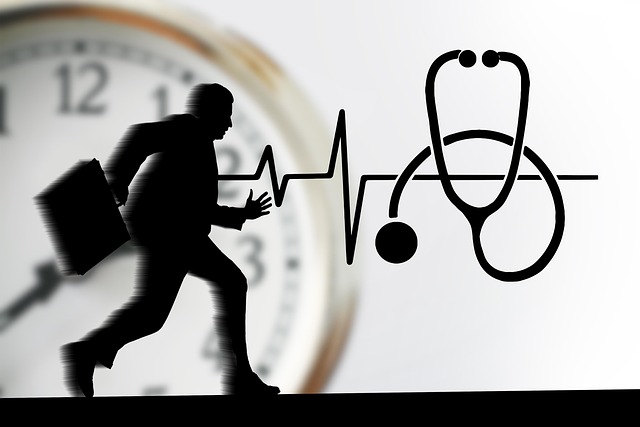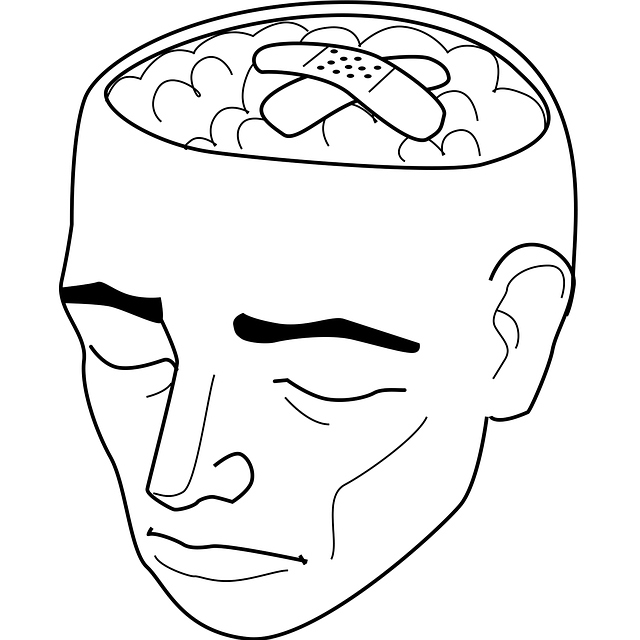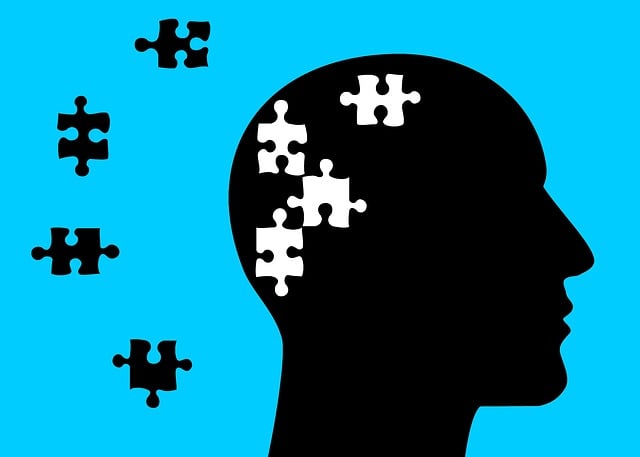Mental wellness is vital for healthy aging, with past experiences and social connections significantly influencing its maintenance. Elders often face invisible wounds like Post-Traumatic Stress Disorder (PTSD), manifesting as cognitive issues or physical health problems instead of flashbacks. Effective therapy tailored to their needs, such as Cognitive Behavioral Therapy (CBT) and Eye Movement Desensitization and Reprocessing (EMDR), is crucial for healing. Mental wellness coaching integrates self-care routines like exercise and mindfulness, empowering seniors to manage triggers and improve quality of life. Empathy and active listening create safe spaces for sharing experiences, fostering resilience. Focus on therapy for elders with PTSD enhances overall well-being.
In the realm of eldercare, mental wellness is a cornerstone of overall health. This article delves into the critical aspects of supporting the mental well-being of older adults, with a specific focus on recognizing and addressing Post-Traumatic Stress Disorder (PTSD). We explore effective self-care routines tailored for elderly individuals grappling with PTSD, highlighting therapy options and strategies that foster healing. Understanding the unique challenges faced by elders, this guide empowers caregivers to implement therapeutic interventions, ultimately enhancing their quality of life.
- Understanding Mental Wellness and its Impact on Elders
- Recognizing Post-Traumatic Stress Disorder (PTSD) in Older Adults
- Building a Self-Care Routine for Elderly Individuals with PTSD
- Therapy Options and Strategies for Effective Healing
Understanding Mental Wellness and its Impact on Elders

Mental wellness is a crucial aspect of an individual’s overall well-being, especially as people age. For elders, maintaining mental health can be influenced by various factors such as past experiences, social connections, and physical health. Understanding mental wellness involves recognizing that it encompasses emotional, psychological, and social well-being, all of which are interconnected.
Among the challenges faced by elders, Post-Traumatic Stress Disorder (PTSD) is a significant concern that often requires therapy for seniors. Elders may have experienced traumatic events in their past, such as wars, accidents, or personal losses, which can lead to long-lasting mental health issues if left unaddressed. Trauma support services play a vital role in helping the elderly process and overcome these experiences. By incorporating self-care routine development for better mental health, including conflict resolution techniques, elders can enhance their coping mechanisms and overall resilience.
Recognizing Post-Traumatic Stress Disorder (PTSD) in Older Adults

Many older adults may be dealing with invisible wounds, such as Post-Traumatic Stress Disorder (PTSD), often stemming from past traumatic events. Recognizing PTSD in this demographic is crucial for providing appropriate therapy and support. The symptoms of PTSD can manifest differently compared to younger individuals; it might present as cognitive issues, social withdrawal, or even physical health problems, rather than vivid flashbacks commonly associated with the disorder.
Given that mental health awareness among elders has gained prominence, understanding emotional regulation and emotional intelligence becomes vital for caregivers and healthcare professionals. Recognizing the signs of PTSD in older adults and providing tailored therapy can significantly improve their quality of life. It’s essential to address these hidden challenges to foster a healthier and happier aging population.
Building a Self-Care Routine for Elderly Individuals with PTSD

Developing a self-care routine for elderly individuals with Post-Traumatic Stress Disorder (PTSD) is a multifaceted process that incorporates both traditional therapy for elders with PTSD and modern mental wellness coaching programs. This tailored approach recognizes the unique challenges faced by older adults, many of whom may have experienced trauma over decades, leading to complex emotional and physical responses.
Effective self-care strategies for this demographic should prioritize mood management through activities like gentle exercise, mindful meditation, and structured social interactions. Mental wellness coaching can play a pivotal role in guiding them to identify personal triggers, develop healthy coping mechanisms, and integrate these practices into their daily lives. By combining traditional therapy with modern coaching methods, elderly individuals with PTSD can experience significant improvements in mental wellness and overall quality of life.
Therapy Options and Strategies for Effective Healing

Mental wellness is a crucial aspect of overall well-being, especially for elders who may face unique challenges such as Post-Traumatic Stress Disorder (PTSD). Therapy offers a range of effective healing strategies tailored to individual needs. Cognitive Behavioral Therapy (CBT) is a popular approach that helps individuals identify and change negative thought patterns and behaviors contributing to anxiety and low self-esteem. For PTSD, Eye Movement Desensitization and Reprocessing (EMDR) therapy has proven beneficial, allowing elders to process traumatic memories and reduce their impact.
Additionally, empathy building strategies play a vital role in therapy for elders. Through active listening, therapists foster a safe space where individuals can openly share their experiences and emotions. This emotional support contributes to improved self-esteem and enhanced coping mechanisms, enabling elders to navigate their mental health journeys with resilience and renewed confidence.
In navigating the intricate landscape of mental wellness, especially among elderly individuals, recognizing and addressing post-traumatic stress disorder (PTSD) is a pivotal step. By understanding its impact and implementing tailored self-care routines, we can significantly enhance their quality of life. The article has explored various strategies, from therapy options to practical self-care practices, offering a comprehensive guide for professionals and caregivers. Effective healing for elders suffering from PTSD involves a multifaceted approach, combining therapy for elders with post-traumatic stress disorder and personalized self-care rituals. Ultimately, fostering mental wellness in this demographic requires empathy, knowledge, and dedicated support systems.

